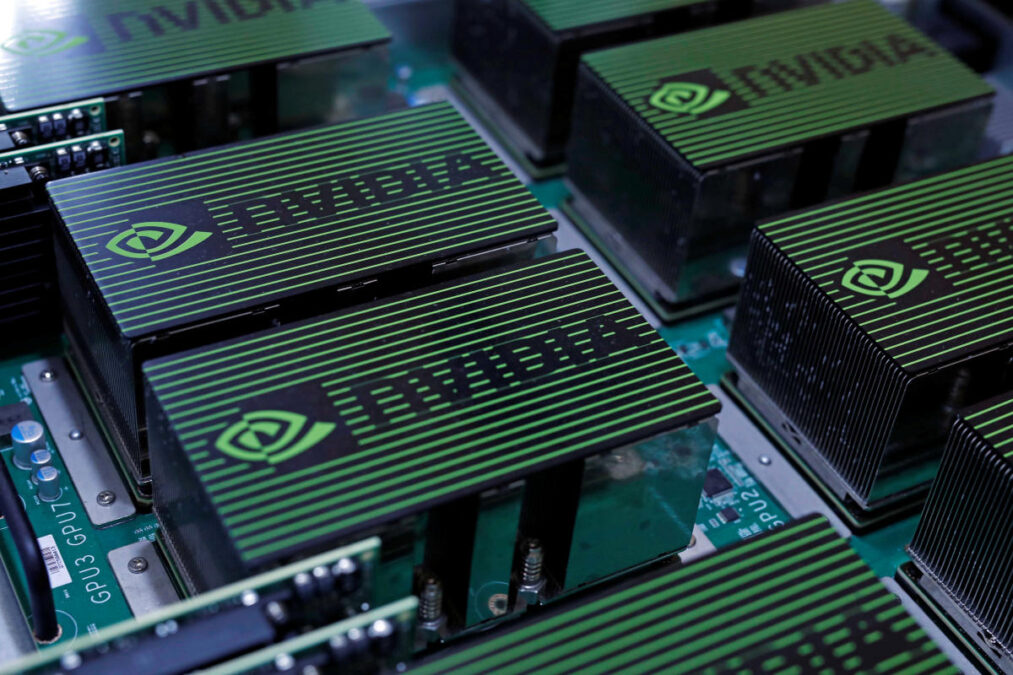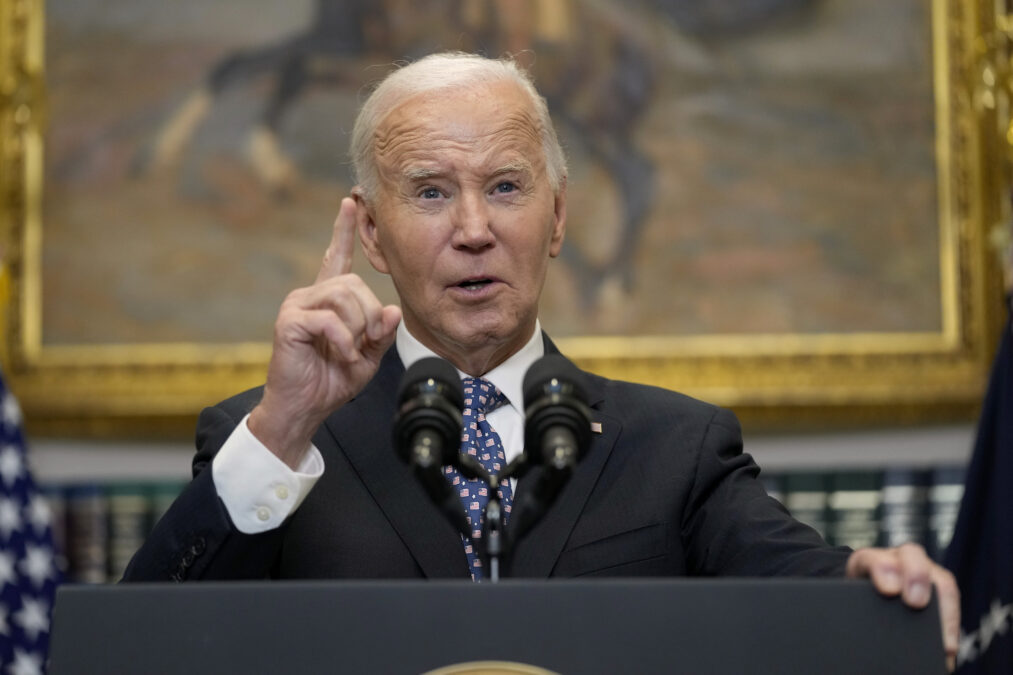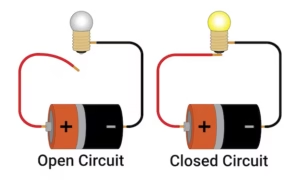Tensions in the Middle East have long been a source of global concern, with various nations vying for power and influence in the region. Recently, news broke that the United States played a crucial role in helping Israel and shoot down missiles launched by Iran. This event marks yet another chapter in the complex geopolitical landscape of the Middle East, where alliances are critical, and military capabilities are frequently tested. In this article, we’ll explore the details of this incident, its broader implications, and what it could mean for the future of international relations in the region.
Context: Rising Tensions in the Middle East
The Middle East has always been a hotbed of political unrest, with various nations, including Iran, Israel, and their respective allies, involved in a complicated web of power struggles. The region’s strategic importance, driven by its oil reserves and geographic location, means that any flare-up can have global consequences.
Iran’s Influence in the Region
Iran is a significant player in the Middle East, exerting influence through military, political, and economic channels. It has close ties to various militias and proxy groups, including Hezbollah in Lebanon and certain factions in Syria and Iraq. This gives Iran considerable reach and the ability to challenge Israel, its longtime adversary.
US-Israel Relationship Overview
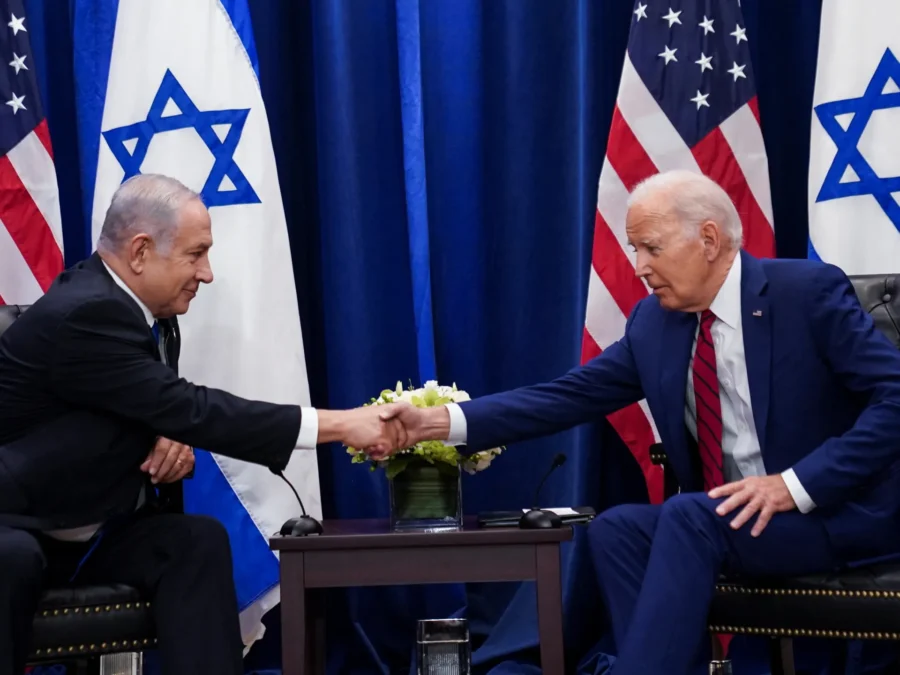
The United States and Israel have long enjoyed a close relationship, with the US providing Israel with significant military aid and diplomatic support. This partnership has helped Israel maintain its security in a volatile region. The recent missile interception is a testament to the strength of this alliance, with the US stepping in to support its ally in a time of need.
Details of the Missile Incident
So, what exactly happened during this missile incident? Reports indicate that Iran launched several missiles targeting key locations in Israel. However, thanks to a sophisticated defense system, which was supported by US technology and personnel, Israel was able to neutralize the threat.
When and Where It Happened
The missile attack occurred in a region that has seen frequent military activity – southern Israel. While details of the exact date remain scarce, sources suggest that the attack happened amidst heightened tensions between Iran and Israel, as both nations have been locked in a cold war of sorts.
How the US Intervened
The United States played a crucial role by providing advanced radar systems and real-time intelligence to Israel. These systems are part of a broader missile defense network that the two nations have been collaborating on for years.
Advanced Missile Defense Systems at Work
The interception of Iran’s missiles was made possible due to the Iron Dome, David’s Sling, and Arrow missile defense systems. These systems are integrated with US-supplied technology, which allows for better detection and faster response times in the face of threats.
Real-Time Coordination Between the US and Israel
US and Israeli forces worked together closely, sharing intelligence and operational insights as the missiles were being launched. This kind of real-time collaboration ensured that the response was swift and effective, saving countless lives and protecting key infrastructure.
Why Iran Launched Missiles
Understanding Iran’s motivations for launching the missiles is essential. This attack is believed to be a response to increasing Israeli military activity in Syria and Iraq, where Iranian interests are being targeted by Israeli forces.
Potential Motivations Behind Iran’s Actions
Iran’s decision to launch missiles could be seen as a show of strength or an attempt to deter further Israeli military operations. With growing internal pressures and economic sanctions taking a toll, Iran may be seeking to reassert itself on the global stage by escalating tensions.
Iran’s Military Capabilities
Despite facing economic difficulties, Iran maintains a robust military presence. Its missile program is one of the most advanced in the region, capable of reaching long distances and causing significant damage. This makes any conflict with Iran highly dangerous and unpredictable.
Implications of US Assistance
The fact that the US directly helped Israel shoot down these missiles carries significant implications, both for Israel’s security and for broader US-Iran relations.
The Broader Picture: Middle East Geopolitics
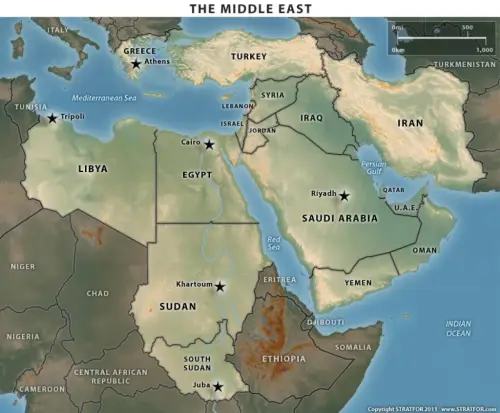
The Middle East is a complex geopolitical environment, where local and global powers are constantly jockeying for influence. Iran and Israel are just two players in a much larger game, involving countries like Russia, the US, and Saudi Arabia.
Key Players and Their Alliances
Various alliances shape the dynamics of the region. While Israel enjoys strong support from the US and some European countries, Iran has backing from Russia and certain non-state actors, like Hezbollah.
The Role of Proxy Wars
Many of the conflicts in the Middle East are fought indirectly through proxy wars, where major powers support smaller groups or governments to achieve their goals without engaging in direct conflict.
Reactions to the Incident
The missile incident has sparked a range of reactions from both local and international players.
Israel’s Response
Unsurprisingly, Israel has hailed the interception as a major victory for its defense forces. The country has vowed to continue defending itself against any threats, no matter the source.
Global Reactions
Global powers have reacted cautiously to the news. While many nations support Israel’s right to defend itself, there are concerns about the potential for a larger conflict that could destabilize the region further.
The Future of US-Israel Defense Cooperation
The incident underscores the importance of the defense partnership between the US and Israel, and it’s likely that this cooperation will only grow stronger in the coming years.
Strengthening Military Alliances
As threats from Iran and other adversaries increase, the US and Israel are likely to continue expanding their military collaboration. This could involve more joint exercises, intelligence sharing, and perhaps even the development of new defense technologies.
Possible Future Scenarios
What does the future hold for the region? If tensions continue to rise, we could see further missile strikes, leading to a broader conflict. Alternatively, diplomatic efforts might eventually prevail, but for now, the situation remains uncertain.


